
5 purple food colorings that are good for your health
Incorporating naturally purple foods into your diet can provide numerous health benefits due to their rich content of anthocyanins—antioxidant compounds responsible for their vibrant hue. Here are five purple foods you might consider:
Purple Sweet Potatoes
These tubers are high in fiber, vitamins A and C, and anthocyanins, which have antioxidant and anti-inflammatory properties. Consuming purple sweet potatoes may support eye health, boost immunity, and reduce inflammation.
Purple Carrots
Rich in anthocyanins and beta-carotene, purple carrots offer antioxidant benefits that support vision, skin health, and may have anti-aging effects. They also contain lutein and zeaxanthin, which can reduce the risk of cataracts and age-related macular degeneration.
Purple Rice
Also known as black rice, this whole grain is packed with anthocyanins and fiber. It supports heart health by potentially lowering bad cholesterol levels and provides essential nutrients like iron, aiding in the prevention of anemia.
Purple Cabbage
Also known as red cabbage, it's rich in vitamins C and K, fiber, and anthocyanins. Purple cabbage may help reduce inflammation, improve heart health, and support digestive health.
Purple Cauliflower
This vibrant vegetable contains anthocyanins and is high in vitamins C and K. It may have antioxidant properties that help reduce the risk of chronic diseases and support overall health.
Incorporating these naturally purple foods into your diet can enhance your intake of beneficial nutrients and antioxidants, contributing to overall health and well-being.
News in the same category


How to Fix a Weak Toilet Flush at Home - No Technician Needed

This small fridge button can significantly cut your electricity bill
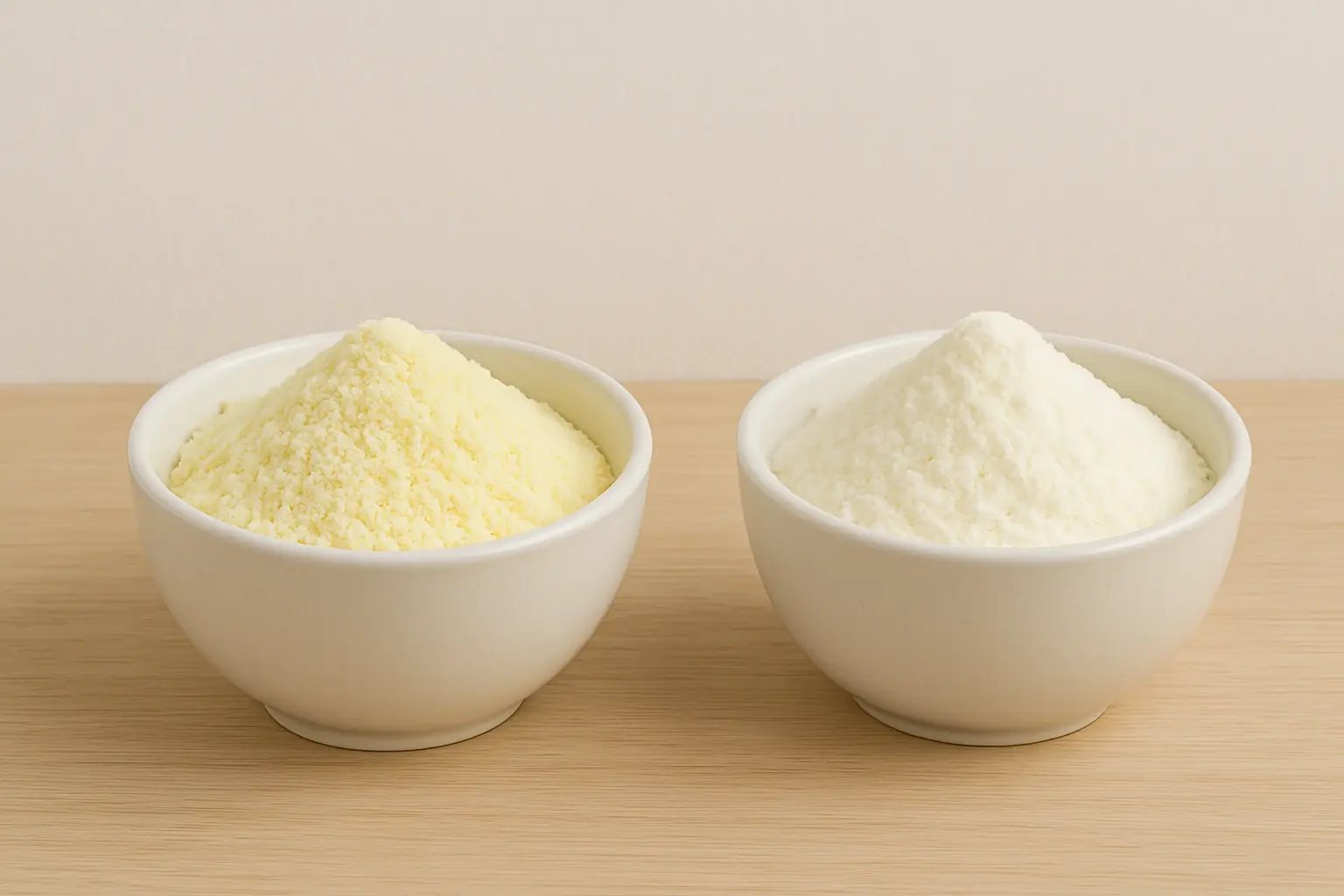
How to Tell Real Baby Formula from Fake: What Every Parent Needs to Know

Smart tips to get rid of cockroaches and maintain a clean, fresh home

Your phone’s volume buttons can do more than you think - Here are 6 hidden tricks
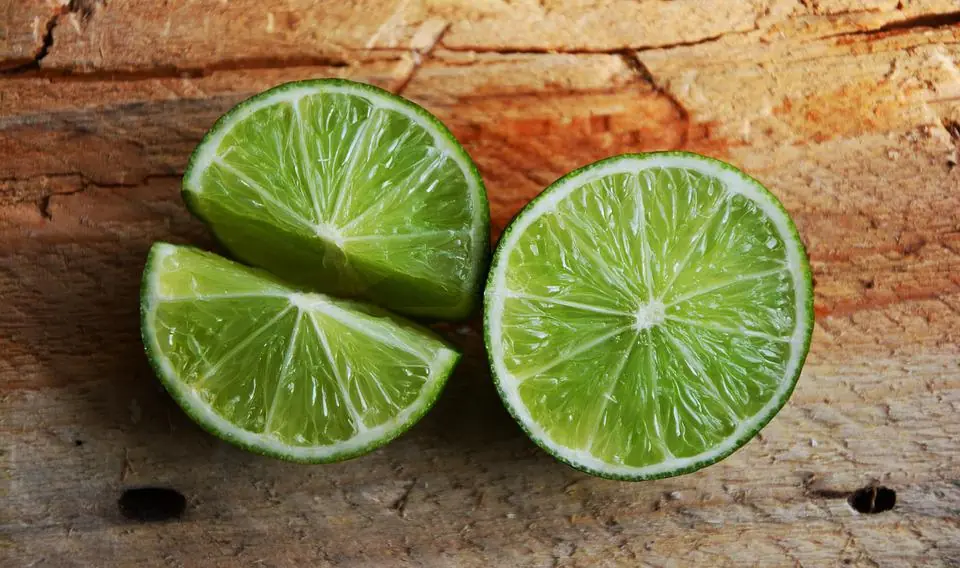
Don’t throw away lemon peels - Turn them into a powerful, natural cleaning solution for your home

If your partner leaves a clothespin on your shower head, make sure you know what it means
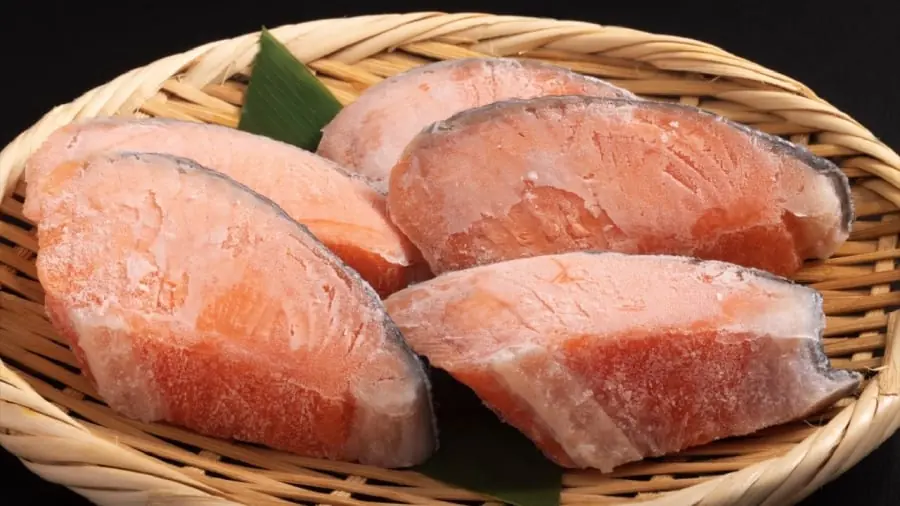
Tips for Freezing Fish So It Stays Fresh, Firm, and Flavorful for Up to a Month
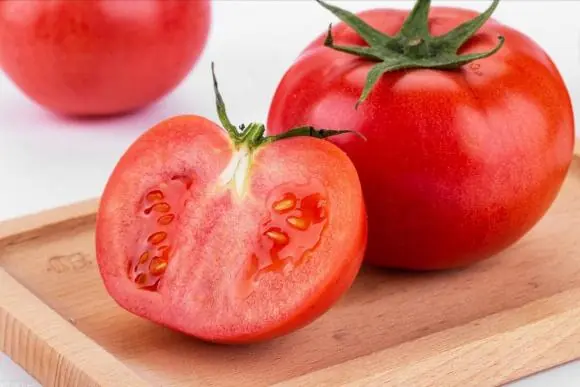
Don’t throw them away yet: Surprising ways to reuse tomatoes you think are useless

Restore a non-stick pan with milk instead of throwing it away

Two types of pork that look very fresh and delicious but should absolutely not be bought — sellers rarely reveal this
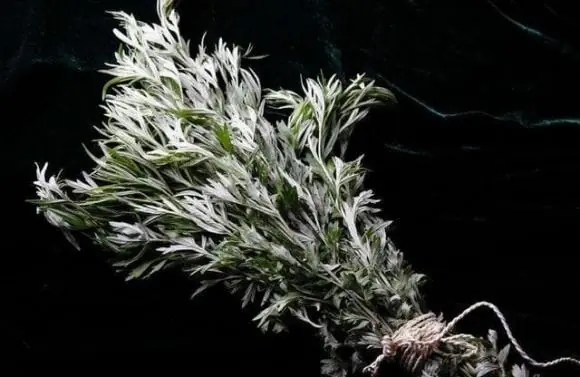
Hang these leaves at your door and watch flies and mosquitoes disappear

Identifying Venomous vs. Non-Venomous Snakes
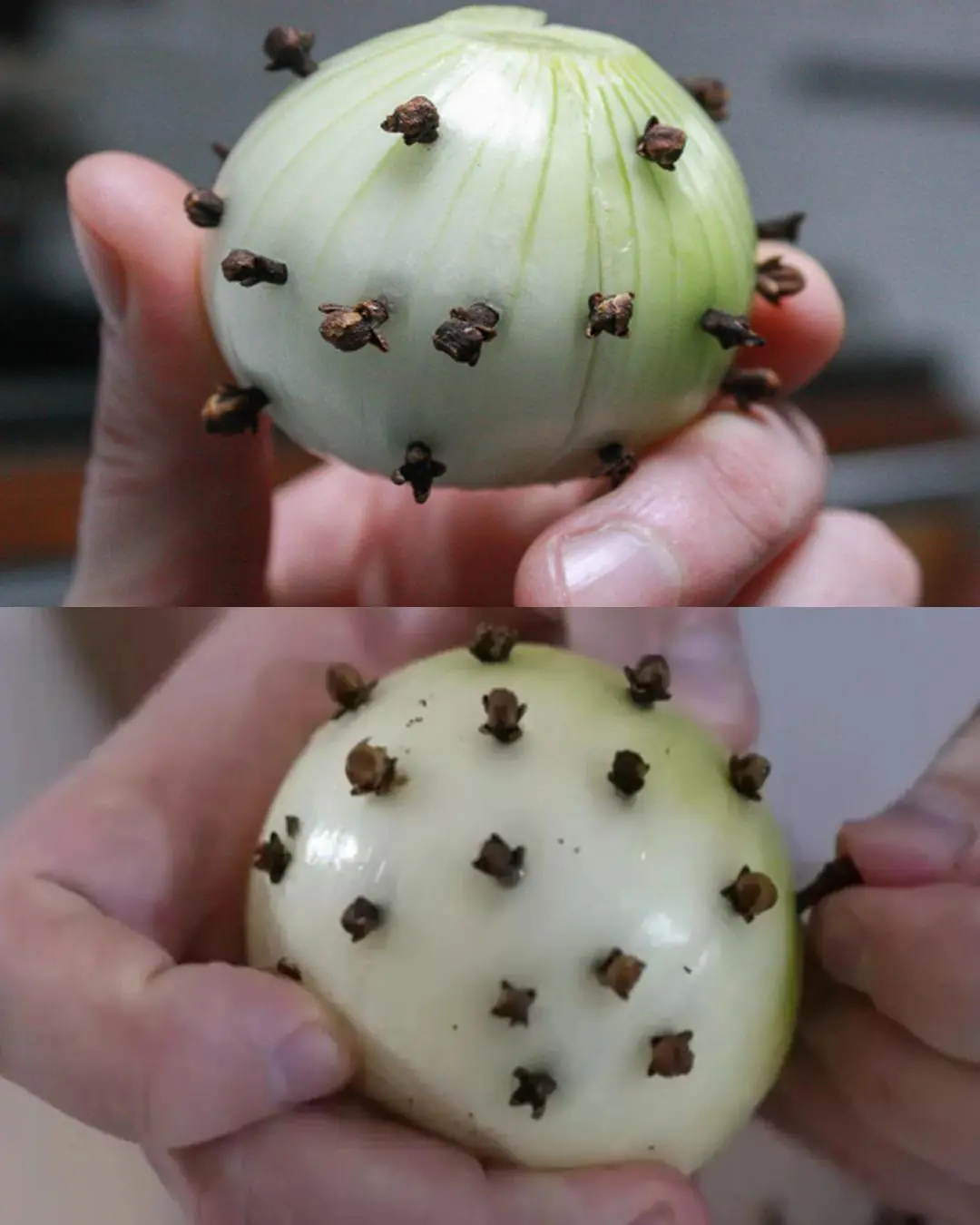
The surprising trick of sticking cloves into an onion

A Step Many Think Makes Chicken “Clean” Actually Does the Opposite: Experts Everywhere Say Stop Immediately

4 simple and effective tips to clean yellow sweat stains on white shirts at home that anyone can do it

Why many people place their suitcase in the bathtub right after checking into a hotel room
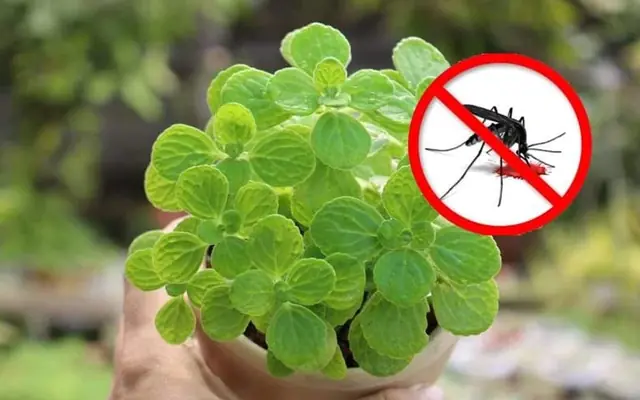
7 Beautiful, Fragrant Plants That Naturally Repel Mosquitoes

Plants That May Attract Snakes to Your Home: What You Should Know
News Post

Big belly doesn't always mean fat: How to distinguish between belly fat and liv.er dis.ease

Why do some people place a clove of garlic under their pillow before sleeping?

Headaches at these times warn of extremely dangerous diseases
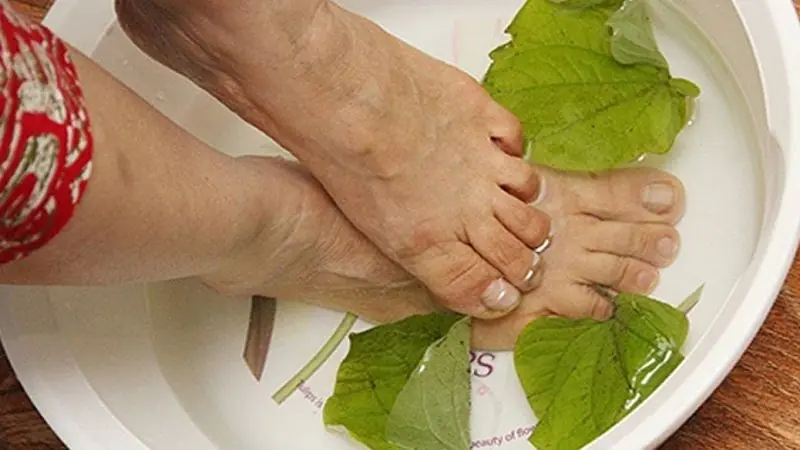
Leaves available in home gardens are good for people with bone and joint problems

Why do many flight attendants bring a banana with them on flights?

If your legs cramp at night, you need to know this immediately

Garlic Butter Steak & Shrimp

Early signs of kid.ney dis.ease and How to protect your kid.neys

7 signs of can.cer that can appear in the morning

Ribeye Steak Bites and Cheesy Smashed Potatoes
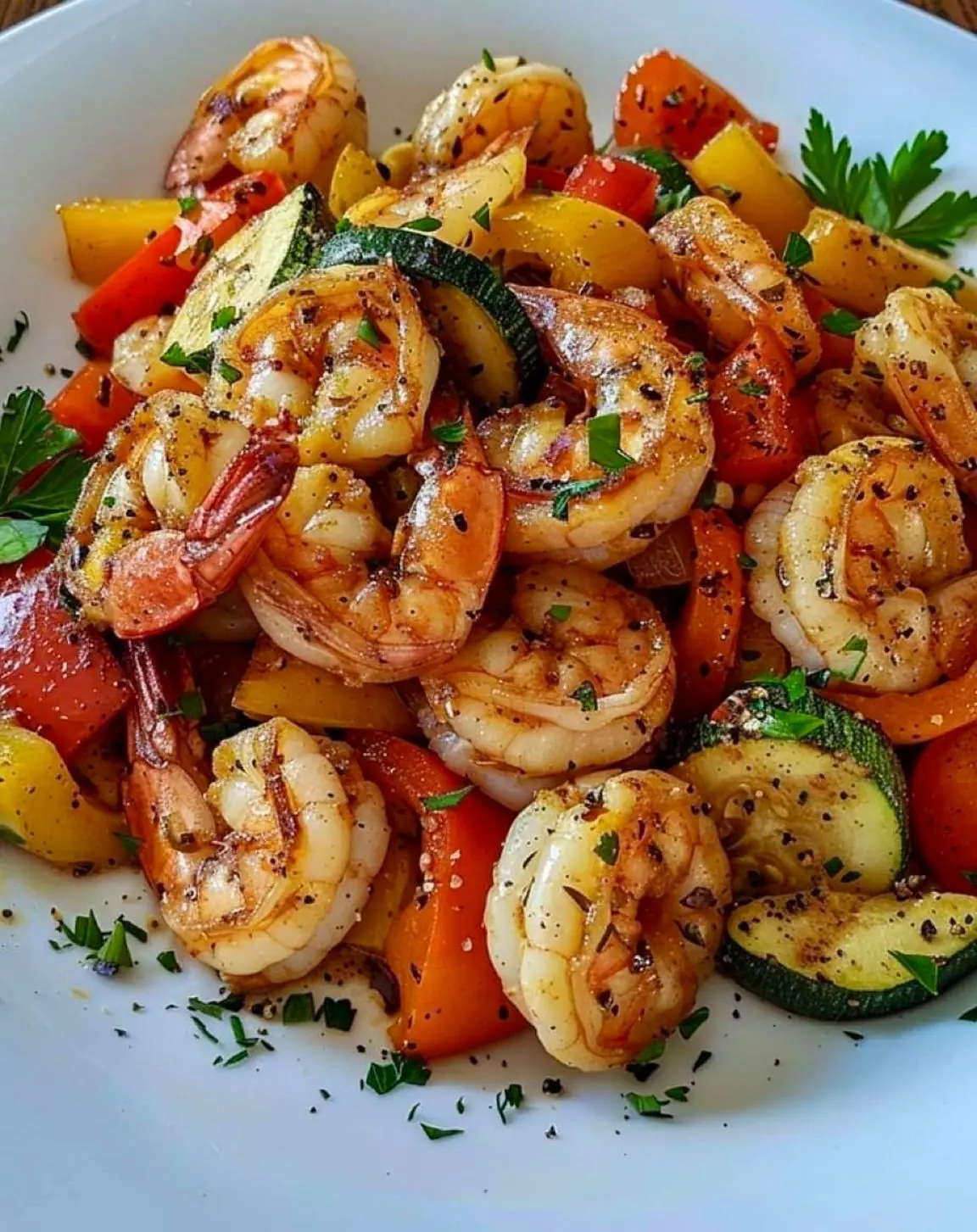
Garlic Butter Shrimp with Sautéed Vegetables

Doctor reveals simple thumb test that can detect he.a.rt problems like 'ticking time b.o.m.b'

Mix white vinegar with fabric softener, solve many problems in the house, save money

Eating these 6 foods too often can slowly weaken your bones by depleting calcium

52-year-old man died of diabetes, doctor advised: 4 types of breakfast should be removed from the table

6-year-old son just woke up having a stroke, the doctor emphasizes 4 signs parents need to understand to save their child
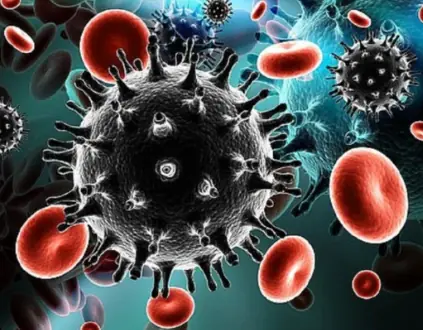
Itching in 9 Areas: A Warning Sign of Malignant Tumors, Number 7 Is the Most Common

Surprising Causes Of Hives Revealed — What May Be Triggering Your Skin Reaction

Did You Know That Waking Up At 3 Or 4 In The Morning Is A Clear Sign Of…
